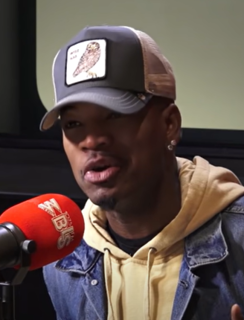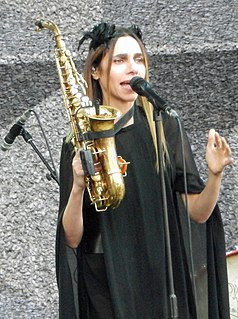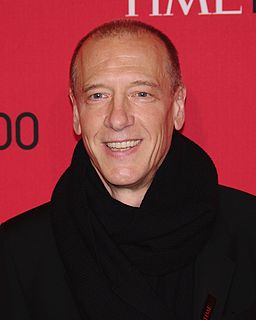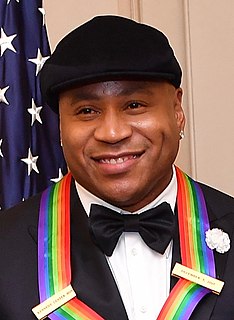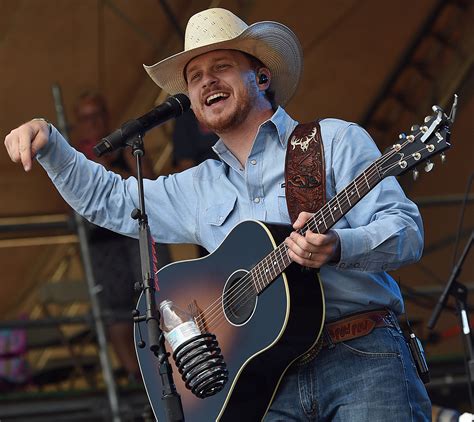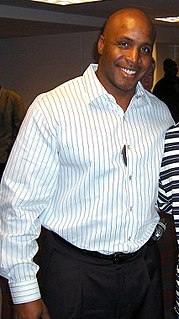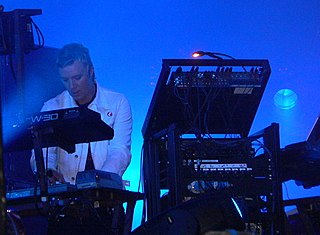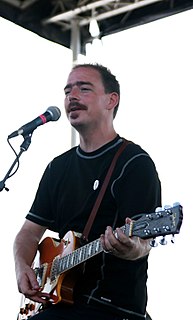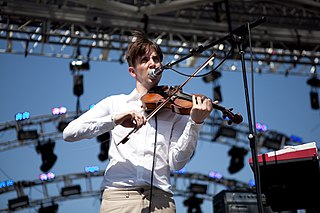A Quote by Ne-Yo
I always tell the story of 'Irreplaceable.' I initially wrote 'Irreplaceable' with myself in mind, with plans of it being my record. I love that record; however, what I realised about that record was that though given the circumstances of that situation - men and women are not that different - when you sing about it, it changes things, you know?
Related Quotes
I don't think that much anymore in terms of 'write a record, record a record, tour a record,' because in my own mind, things have changed, in that I'm just an ongoing artist. I'm not quite sure what the next project needs to be until it presents himself, and then I know. I just follow dutifully while I'm being led.
I always make a point to make my records different. Let's say I have a record that's influenced by hip-hop in an abstract way; for the next record, I'd try not to do that. They are all connected in a personal way but it's important not to repeat myself, because then I can always learn something about myself through my work.
And she says she wants to expose me to all these great things. And to tell you the truth, I don't really want to be exposed to all these great things if it means that I'll have to hear Mary Elizabeth talk about all the great things she exposed me to all the time. I don't understand that. I would give someone a record so they could love the record, not so they would always know that I gave it to them.
I was able to notice in a very early stage, there were discrepancies between the people who are writing the songs and discrepancies about the self that I was writing about. I was feeling that there were all these different people, both writing the record and having the record being written about them, even though ostensibly it was me sitting down and documenting a series of life experiences. Part of that, when I recognized this unconscious thing I was doing, was about these spaces, about these gaps.
